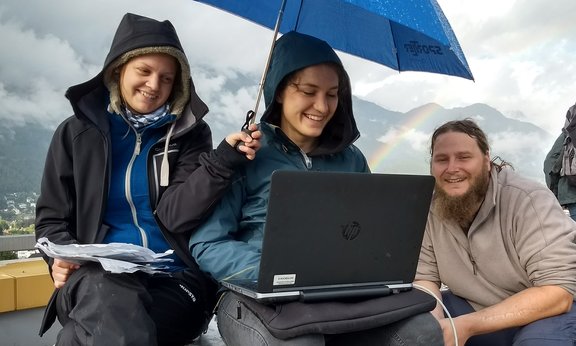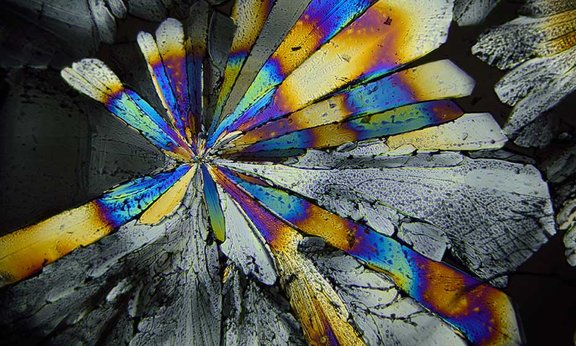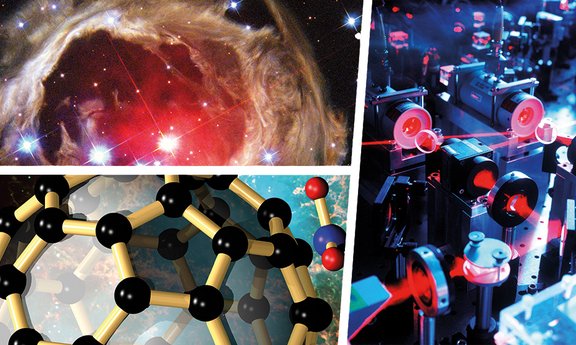Bachelor’s Programme Physics
You want to understand the nature of physical processes and create foundations for new applications?
All areas of high technology in our modern society are built on physics. Numerous applications resulted from a combination of deep understanding of physical processes and the desire to strive for knowledge: Computers, satellites, GPS navigation, lasers, modern imaging technology in medicine and the internet are a direct result of basic research in physics.
Physics provides and develops answers to many challenges we face in the present and the future, such as climate, environment and energy and also to fundamental topics, such as the origin of the universe or the wondrous world of quanta.
Study code
UC 033 676
FAQ
Graduates possess scientifically well-founded theoretical and methodical problem-solving skills in order to apply technical issues in natural science, engineering, economy, medicine and economy in interdisciplinary contexts. The training in basic and research-oriented teaching in the fields of experimental and theoretical physics enables graduates to make knowledge-based solutions on creative approaches.
The Bachelor’s Programme Physics prepares graduates for occupational opportunities as physicists in industry and economy, and for the Master’s Programme Physics. The bachelor’s programme gives an overview of the fundamental principles of the different disciplines in the field of physics, and it offers a wide range of elective modules. Graduates are able to analyze and solve physical issues in natural science, engineering, economy, medicine, and other fields.
The programme conveys:
- basic knowledge of mechanics, themrodynamics, electromagnetism, optics, atomic, nuclear, and particle physics, solid-state physics, astrophysics, plasma physics, molecular physics, quantum theory, and the introduction to mathematics and computer science,
- practial training with interships,
- the ability to independently develop in-depth knowledge,
- the ability to work in a team as well as to present and document results.
Graduates of the Bachelor’s Programme Physics are in demand in the fields of natural science and engineering, as well as in industry and research. In particular, by their ability to provide independent problem solutions, they are characterized for a wide range of career fields.
Graduates tracking: Shows which occupational fields students enter after graduation
Faculty of Mathematics, Computer Science and Physics Examination Office Information for students with disabilities
Curriculum
From the field

Bacteria in motion
In a joint effort with various international institutions, researchers from the University of Innsbruck have described the movement patterns of the bacterium Escherichia coli. To do so, they used an engineered bacterial strain, experiments under the microscope and complicated functions.
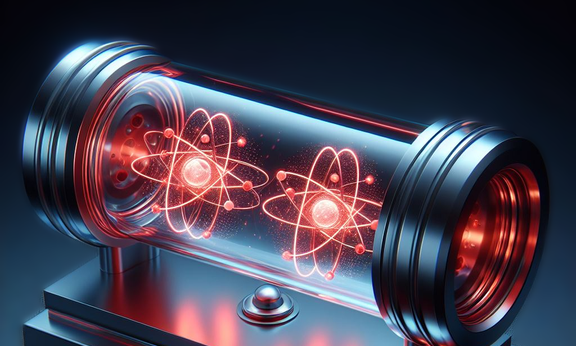
The “superradiance” revisited
Theoretical physicist Farokh Mivehvar has investigated the interaction of two collections of atoms emitting light inside a quantum cavity – an optical device consisting of two high quality, tiny mirrors facing each other that confines the light within a small area for an extended time. The model and predictions can be implemented and observed in state-of-the-art cavity/waveguide-quantum-electrodynamics experiments and might have applications in the new generation of so-called “superradiant lasers”.
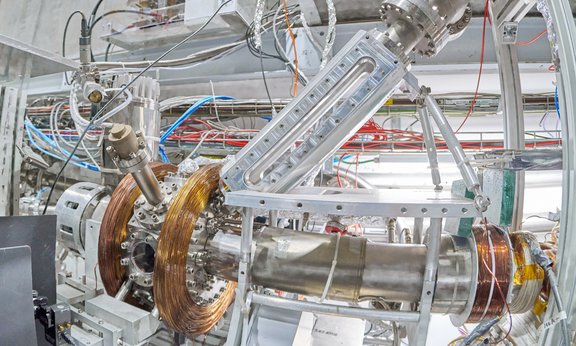
Successful Laser Cooling of Positronium
An international team of scientist including Giovanni Cerchiari from the University of Innsbruck demonstrated laser cooling of positronium, a matter-antimatter system composed of an electron and a positron, which is the antimatter counterpart. This milestone marks a pivotal advancement in our understanding and manipulation of antimatter establishing a foundation for forthcoming experiments and technological advancements.
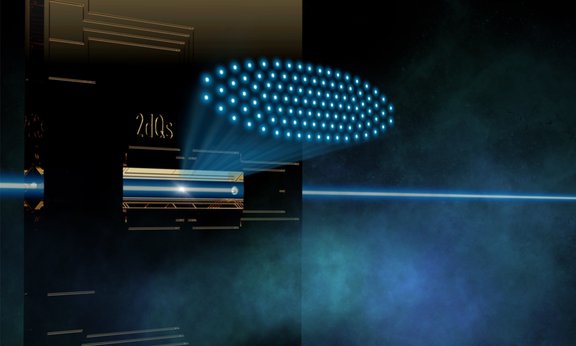
Network of quantum sensors boosts precision
Quantum sensor technology promises even more precise measurements of physical quantities. A team led by Christian Roos at the University of Innsbruck has now compared the signals of up to 91 quantum sensors with each other and thus successfully eliminated the noise caused by interactions with the environment. Correlation spectroscopy can be used to increase the precision of sensor networks.

